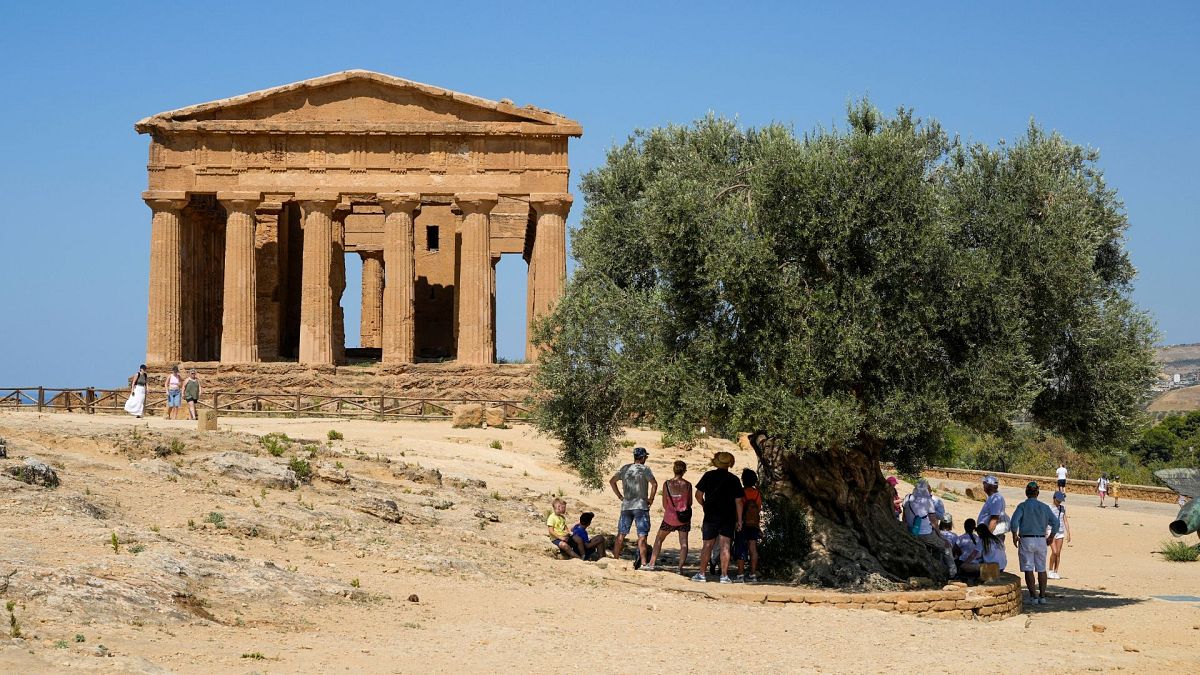
EU COVID recovery funds have poured billions into the construction sector, increasing the need for preventive archaeology to check for historical treasures.
Italy, a country renowned for its rich archaeological heritage and numerous UNESCO World Heritage sites, is currently experiencing a significant demand for archaeologists.
The surge has been driven largely by a construction boom funded by EU post-COVID recovery funds.
“The request for archaeologists has become higher than the supply, growing so much that clients sometimes complain that it is difficult to find professionals,” Marcella Giorgio, the head of the National Association of Archaeologists (ANA), told Reuters.
“I don’t think anyone expected such a boom, partly because 10 years ago it was not possible to foresee the arrival of EU COVID recovery funds,” she added.
Italy, the largest recipient of the EU’s 800-billion-euro ($889.36 billion) post-pandemic fund, has received nearly 200 billion euros of that total.
These funds have so far injected billions into the country’s construction sector, with 59% of the 45.6 billion euros spent by the end of 2023 allocated to this industry, according to industry group Federcostruzioni.
Archaeologists play a critical role on construction sites, where they work to identify and protect any historical finds.
A prime example of this need is the long-delayed Metro C project in Rome, which aims to tunnel under some of the city’s most iconic sites, including the Colosseum, Trajan’s Column, and the Basilica of Maxentius.
The nearly €3-billion project is one of the most complex of its kind globally, involving construction around a deep retaining wall, and importantly, extensive archaeological expertise and oversight.
“We have 15-20 metres of hidden archaeological patrimony – known but hidden,” Piazza Venezia, chief engineer Andrea Sciotti told reporters at the site. “This obviously brings problems that must be resolved in the planning and realisation phases.”
However, not everyone is convinced this surge in archaeological demand will last.
Valentina Colagrossi, an activist from Mi Riconosci?, an advocacy group for workers in the culture sector, warned the boom may be short-lived, and the profession would need a more solid base to prosper in the future.
“There is still job insecurity and low pay … especially widespread for construction site archaeology where quite a few companies often pay less than 100 euros gross per day,” Colagrossi said.
